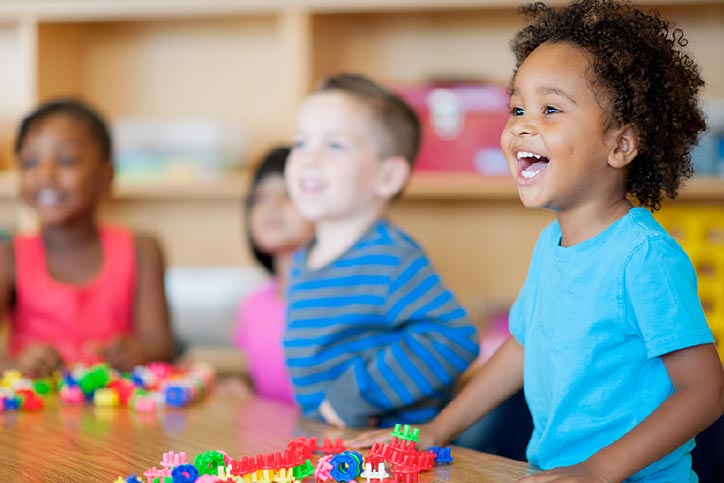Davina Richardson, RGN/RSCN Specialist Children’s Nurse at Bladder & Bowel UK, discusses the role bedwetting can have on a child’s experience of school, including trips away from home and their performance at school. She explains how drinking habits during and after school can impact a child’s bedwetting and suggests what can be done to help.
Bedwetting is a common medical condition that affects children and young people. Many of those affected are embarrassed by the condition and don’t want others to find out. The stigma associated with bladder and bowel issues can mean that children fear name-calling and bullying. Children and young people may avoid social and educational opportunities so that their bedwetting remains hidden.
Overnight school trips
Most schools offer children and young people the opportunity to go on overnight trips and residential visits from as early as Year Four. Children who wet the bed may decide to avoid these opportunities. This can have an impact on their self-confidence and self-esteem as well as on their education and friendship groups.
Most schools should be able to offer support for children and young people who have bedwetting and want to participate in overnight visits away. Therefore, it’s advisable to talk to the person who is leading the group or to their deputy, before deciding whether or not to go. The group leader may be able to suggest ways of managing the issues that avoid others finding out. They should be able to support treatment, such as giving medication, and ensure open access to drinks and the toilet. On nights away from home there is also a greater chance that children will stay dry, although the reasons for this are not fully understood.
Difficulty concentrating
Bedwetting may have other impacts at school. For some children who wet the bed, their sleep is disturbed by the bladder sending messages to the brain that it wants to empty. The messages are not sufficient to wake the child, which is why they wet the bed, but are enough to mean that they are not as refreshed by their sleep as they could be. These children may be more tired in the day and find it more difficult to concentrate in school.
Drinking habits during and after school
Some children may avoid drinking much in school, as they worry that if they do drink, they will need the toilet more often and will be more likely to be wet at night. However, the opposite is usually true. If children don’t drink enough during the day, their wee will be more concentrated (darker in colour). This may irritate the bladder lining and make wetting more likely to happen. Also, if the volume of wee made by the kidneys is reduced over a long period of time, because the child is not drinking enough, then the bladder may get smaller and therefore less likely to hold all the wee made overnight. This will also make the child more likely to wet the bed.

If children are not drinking enough during school hours, they may try to make up for this when they get home because they are thirsty. Younger children, who have less time between getting home from school and going to bed, may be more likely to wet the bed due to drinking large amounts after school.
Children and young people should have about half of their daily fluid intake during school hours. For most, this means that they should have a total of about 750 mls when in school. It’s a good idea for children to take a water bottle from home into school so that their family can see how much they have had to drink each day. If the water bottle is sometimes or always coming home more than half full, then speak to their teacher or school nurse about arranging for them to have open access to their water bottle and the toilet when in school. If your child doesn’t like water, you could try a reward system for drinking well or ask if they can be allowed diluted fruit squash (preferably sugar-free) as an alternative.
What can be done to help?
Bedwetting is a treatable condition. For some, making lifestyle changes can help, such as
- improving daytime drinking
- avoiding drinks and food in the hour before bed
- using the toilet just before sleep
However, many children need assessment and treatment from a doctor or nurse for progress to be made.
More information about the simple changes that can be made at home and how to discuss bedwetting with your doctor or nurse can be found at www.stopbedwetting.org.
Bladder & Bowel UK is a national charity that provides information about the causes and treatments for bedwetting and for other continence (bladder and bowel) issues in people of all ages. Leaflets are freely available to download and print from the Bladder & Bowel UK website at www.bbuk.org.uk.
Bladder & Bowel UK also provide a confidential helpline with advice and support on 0161 607 8219 and at bbuk@disabledliving.co.uk.
By Davina Richardson, RGN/RSCN Specialist Children’s Nurse, Bladder & Bowel UK
UK-URO-2000014
Date of preparation: March 2020






